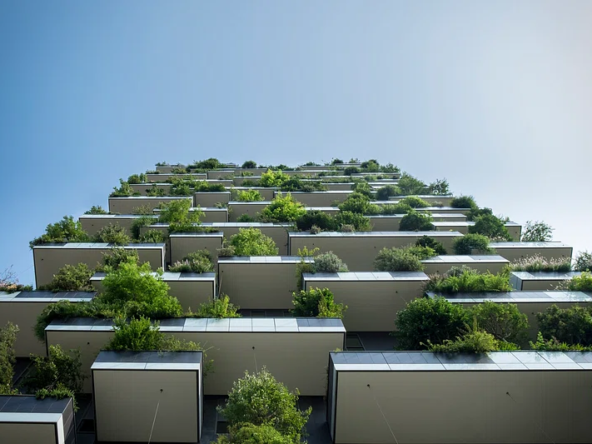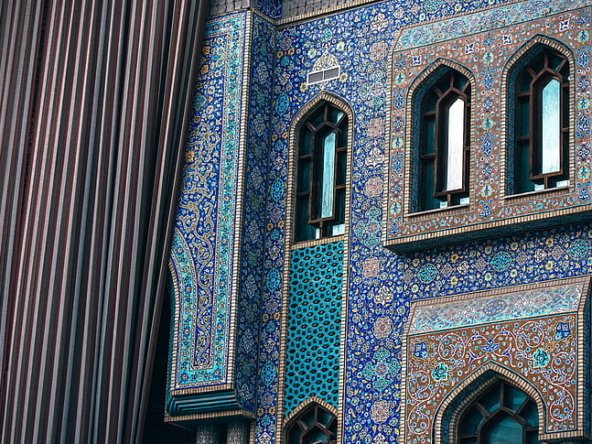Investing in property in Morocco can be an exciting venture, offering diverse opportunities in a country known for its rich culture, beautiful landscapes, and growing economy. Here’s a guide to help foreign buyers navigate the process:
Research and Due Diligence
- Understand the Market: Research the Moroccan real estate market thoroughly, including property trends, popular locations, and potential for return on investment (ROI).
- Legal Framework: Familiarize yourself with Moroccan property laws and regulations governing foreign ownership, taxes, and property rights.
- Local Customs: Learn about local customs, traditions, and business practices to ensure smooth transactions and respectful interactions with locals.
Choosing the Right Location
- Tourist Hotspots: Consider investing in popular tourist destinations like Marrakech, Casablanca, Tangier, or Essaouira, where demand for rental properties is high.
- Emerging Markets: Explore emerging markets or up-and-coming neighborhoods with growth potential for long-term investment returns.
- Infrastructure: Assess the availability of amenities, infrastructure, and transportation networks in the chosen location.
Financing Options
- Cash vs. Financing: Decide whether to purchase property with cash or explore financing options available through local banks or international lenders.
- Currency Exchange: Monitor currency exchange rates and consider potential fluctuations when transferring funds for property purchase.
Legal Considerations
- Title Deeds: Ensure proper verification of property title deeds and legal ownership before proceeding with any transactions.
- Legal Assistance: Seek legal advice from reputable local attorneys or real estate agents specializing in international transactions.
- Tax Implications: Understand tax obligations, including property taxes, capital gains taxes, and any applicable taxes on rental income.
Property Inspection and Evaluation
- Physical Inspection: Conduct a thorough physical inspection of the property to assess its condition, potential renovation needs, and compliance with building codes.
- Valuation: Obtain professional property valuations to determine fair market value and negotiate prices accordingly.
Negotiation and Purchase
- Negotiation: Engage in negotiations with sellers or developers to secure the best possible deal, taking into account market conditions and property valuation.
- Purchase Agreement: Draft a legally binding purchase agreement outlining all terms and conditions agreed upon by both parties.
- Escrow Services: Consider using escrow services to facilitate secure transactions, especially for larger investments.
Property Management and Maintenance
- Property Management: Explore options for property management services to oversee rentals, maintenance, and tenant relations if investing in rental properties.
- Maintenance: Budget for ongoing maintenance costs, repairs, and utilities to ensure the property remains in good condition and attracts tenants or buyers.
Conclusion
Investing in Moroccan property offers exciting prospects for foreign buyers seeking diversification, capital appreciation, or rental income. By conducting thorough research, understanding local regulations, and seeking professional assistance when needed, foreign investors can navigate the market with confidence and maximize their investment potential.



